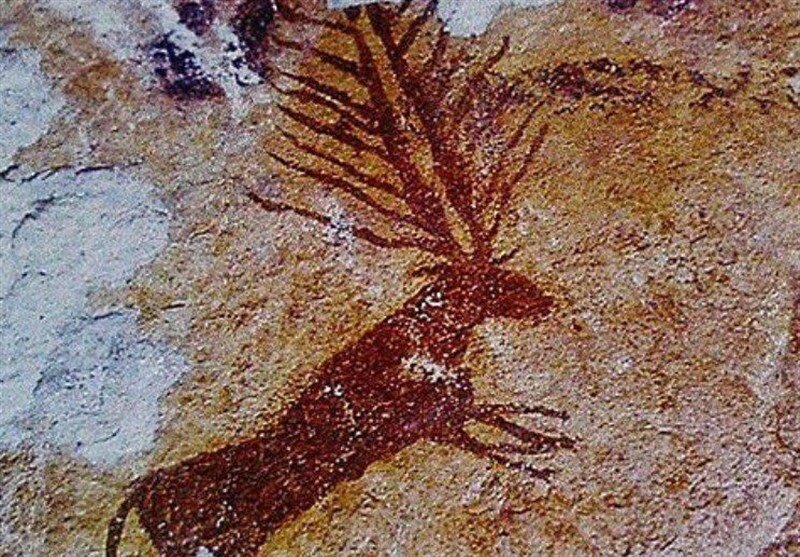Iran’s Lorestan claims world’s oldest animation originates from this province

TEHRAN – Lorestan province’s tourism chief, Ata Hassanpour, has declared that the world’s oldest known animation originates from the province.
Addressing the closing ceremony of a local photo and short film festival, Hassanpour highlighted ancient rock engravings in the Humian region of Lorestan, which depicts a deer in five different stances, creating an early form of animation.
According to Hassanpour, this rock art, dating back thousands of years, represents the earliest recorded idea of animation in human history.
“The rock art illustrates the deer’s movement across five distinct poses, making it the oldest animation in the world, encapsulating the first form of film, photography, and early human thought,” he said.
While some have argued that a similar pottery found in Shahr-e Sukhteh [a UNESCO-registered site also known as the Burnt City] located in southeastern Iran holds this title, Hassanpour asserts that the artwork from Lorestan predates it.
The official emphasized that historical context supports Lorestan’s claim as the origin of the world’s first animation.
Further elaborating on the province’s rich heritage, Hassanpour also mentioned the ancient rock carvings and petroglyphs of Lorestan, particularly those found on the Suren mountain in the Humian region, and other areas across the province. These markings were first uncovered and introduced to the world by [Charles Brian Montagu] McBurney [who was a British-American archaeologist] and Iranian researcher [Hamid] Izadpanah in 1969, and have since contributed to the global recognition of Lorestan’s historical significance.
In his speech, Hassanpour stressed the importance of tourism development in the region, noting that attracting investors is crucial for the province’s ongoing bid for global heritage recognition. “The tourism sector is essential to the province’s future, and we urgently need investors to support this effort,” he remarked.
The festival, which aimed to promote the region’s lesser-known attractions, is seen as a step towards improving Lorestan’s visibility as a tourist destination. “There is much work behind every photo and film, and such festivals play a crucial role in showcasing the untold stories of Lorestan,” Hassanpour added.
He concluded by expressing pride in the province’s deep cultural and historical roots, emphasizing the importance of continuous efforts to introduce Lorestan to the world. He also hoped for the future inclusion of the Khorramabad Valley in the UNESCO World Heritage list, with the collaborative efforts of all stakeholders.
Home to various nomads and tribal communities, Lorestan was inhabited by Iranian Indo-European peoples, including the Medes, c. 1000 BC. Cimmerians and Scythians intermittently ruled the region from about 700 to 625 BC. The Luristan (Lorestan) Bronzes noted for their eclectic array of Assyrian, Babylonian, and Iranian artistic motifs, date from this turbulent period. Moreover, Lorestan was incorporated into the growing Achaemenid Empire in about 540 BC and successively was part of the Seleucid, Parthian, and Sasanid dynasties.
AM
